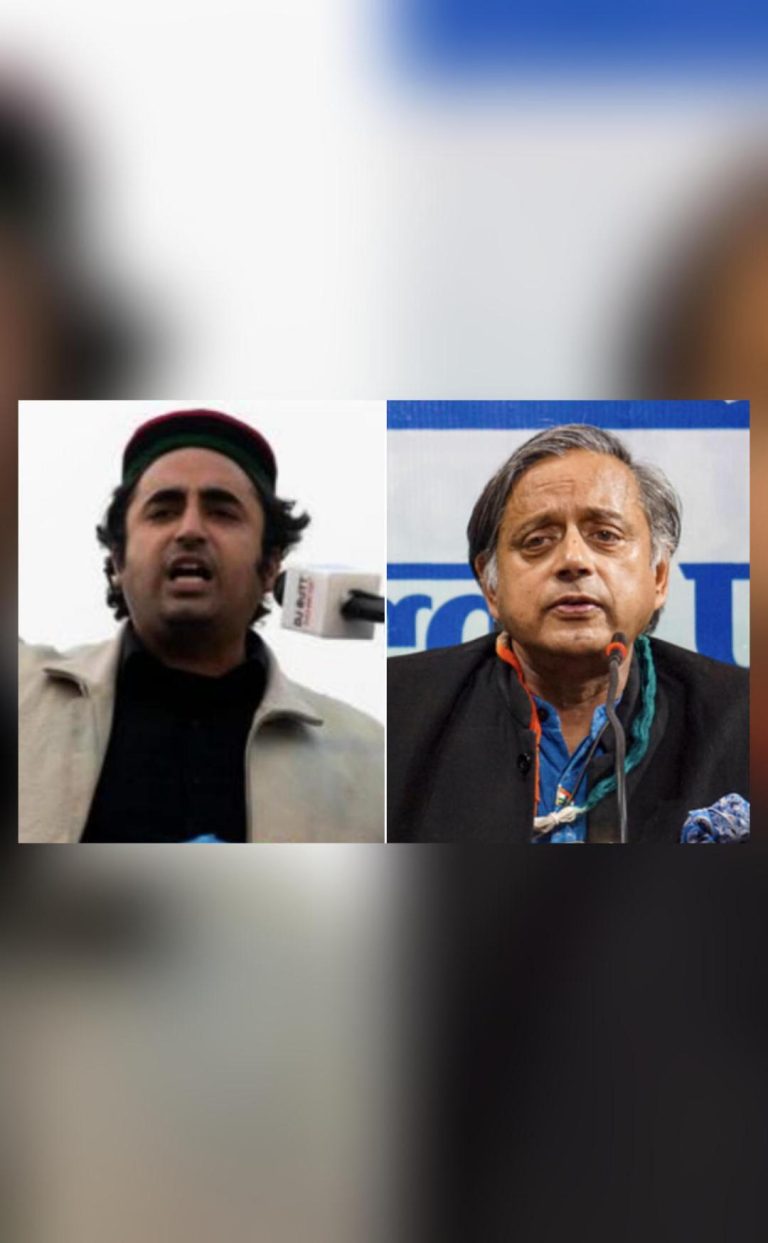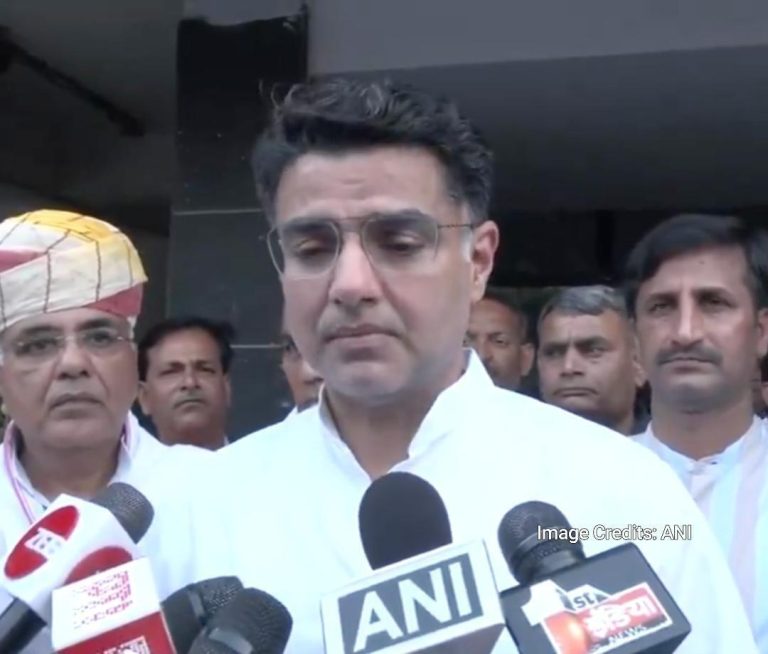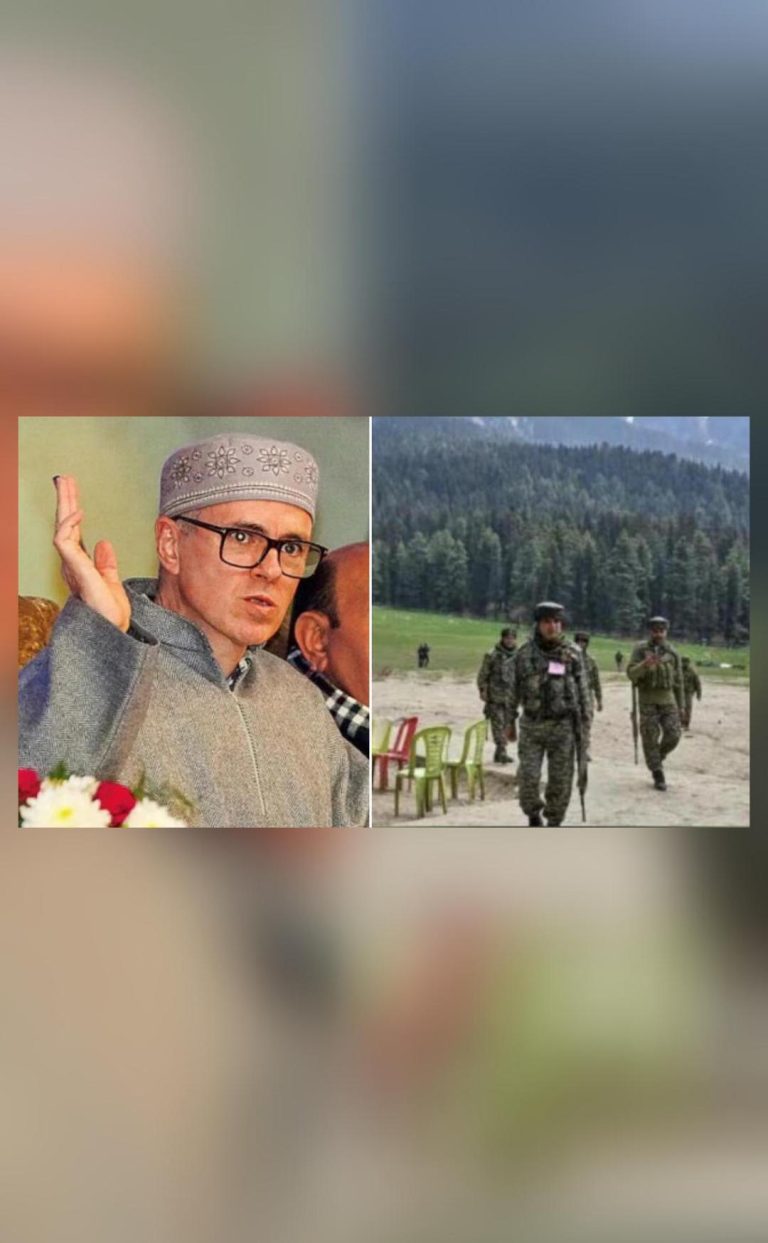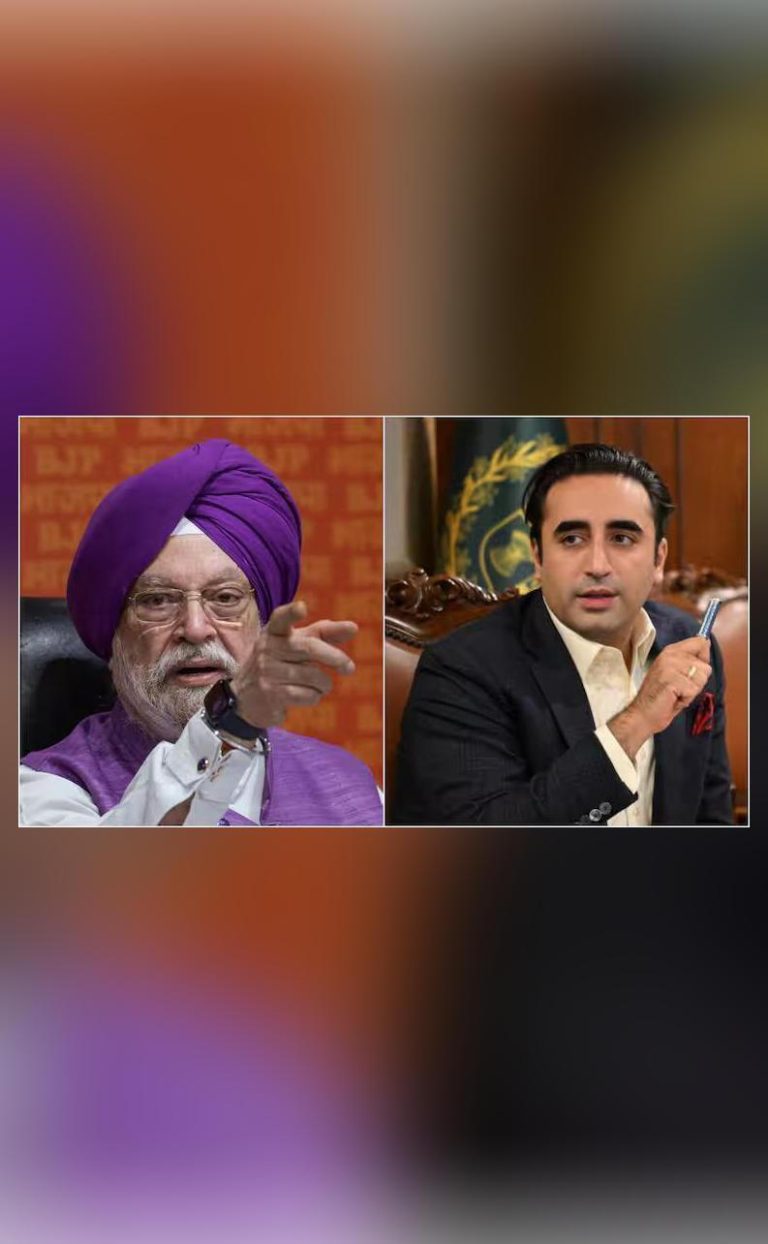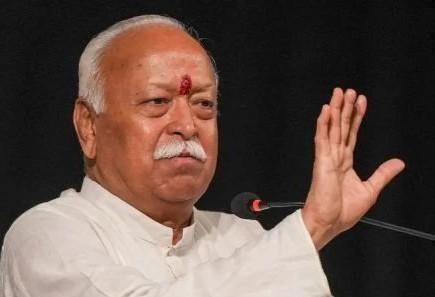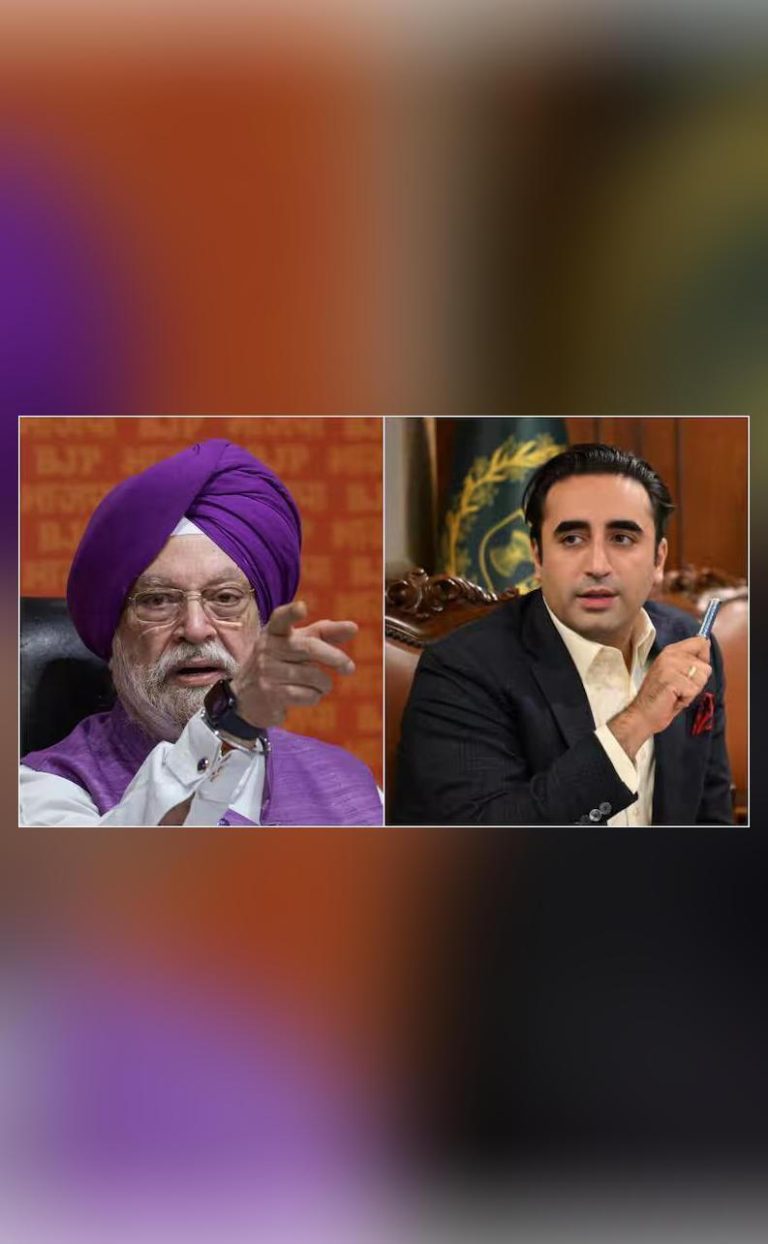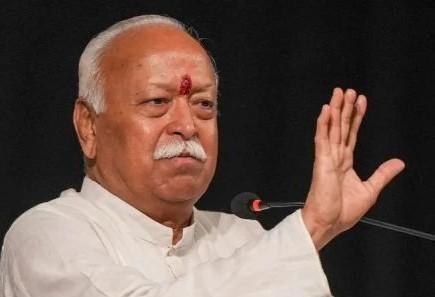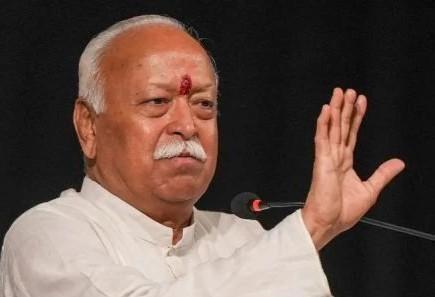
If Someone Turns to Evil Then We’ll Teach Lesson: Bhagwat on J&K Attack
In the wake of the recent terror attack in Pahalgam, Jammu and Kashmir, RSS Chief Mohan Bhagwat has sparked a controversy by stating that non-violence is India’s religion, but so is teaching a lesson to “oppressors and hooligans”. His comments have raised eyebrows and fueled debates on the country’s approach to combating terrorism.
In an interview, Bhagwat emphasized that India’s policy has always been to promote non-violence and peaceful coexistence with its neighbors. However, he also made it clear that if someone is bent on being evil, the country will not hesitate to take decisive action to protect its people. “We never harm or disrespect our neighbours, but if someone is bent on being evil, what is the cure? The king’s duty is to protect the people, and he will do his duty,” he added.
Bhagwat’s comments come at a time when the country is still reeling from the aftermath of the Pahalgam attack, which left several innocent lives lost and many more injured. The attack, which was carried out by terrorists, has sparked widespread outrage and condemnation across the country.
Many have criticized Bhagwat’s comments, arguing that they are a departure from India’s traditional policy of non-violence and peaceful coexistence. They argue that such statements can escalate tensions and create a sense of hostility towards neighboring countries.
However, others have defended Bhagwat’s comments, arguing that they are a reflection of the country’s commitment to protecting its people and its sovereignty. They argue that India has always been a victim of terrorism and that the country has a right to defend itself against such attacks.
The debate has also raised questions about the role of the RSS in Indian society. Critics have accused the RSS of being a hardline nationalist organization that promotes violence and hatred towards minority communities. However, the RSS has consistently denied these allegations, arguing that its primary goal is to promote national unity and social harmony.
The controversy has also highlighted the complex and sensitive issue of terrorism in Jammu and Kashmir. The state has been grappling with a decades-long insurgency, which has claimed thousands of lives and caused widespread destruction. The Indian government has been accused of using excessive force to quell the insurgency, leading to allegations of human rights violations.
In recent years, there have been increasing calls for a peaceful resolution to the conflict in Jammu and Kashmir. The government has established a dialogue with separatist groups, and there have been efforts to promote economic development and job creation in the region.
However, the recent attack in Pahalgam has highlighted the challenges that lie ahead in achieving a peaceful resolution to the conflict. The attack has raised questions about the role of Pakistan in supporting terrorism in Jammu and Kashmir, and there have been calls for the government to take decisive action to prevent such attacks in the future.
In conclusion, Bhagwat’s comments on the J&K attack have sparked a heated debate on the country’s approach to combating terrorism. While some have criticized his comments as being too aggressive and threatening, others have defended them as being a necessary response to the threat posed by terrorism.
As the country moves forward, it will be important to strike a balance between promoting non-violence and peaceful coexistence, while also taking decisive action to protect its people and its sovereignty. It will also be important to address the root causes of terrorism in Jammu and Kashmir, including poverty, unemployment, and political marginalization.
Ultimately, the key to achieving a peaceful resolution to the conflict in Jammu and Kashmir lies in promoting dialogue and understanding between different communities and groups. It will require a concerted effort from all stakeholders, including the government, separatist groups, and civil society organizations.
Source: https://youtu.be/SpAKVWl5wII
